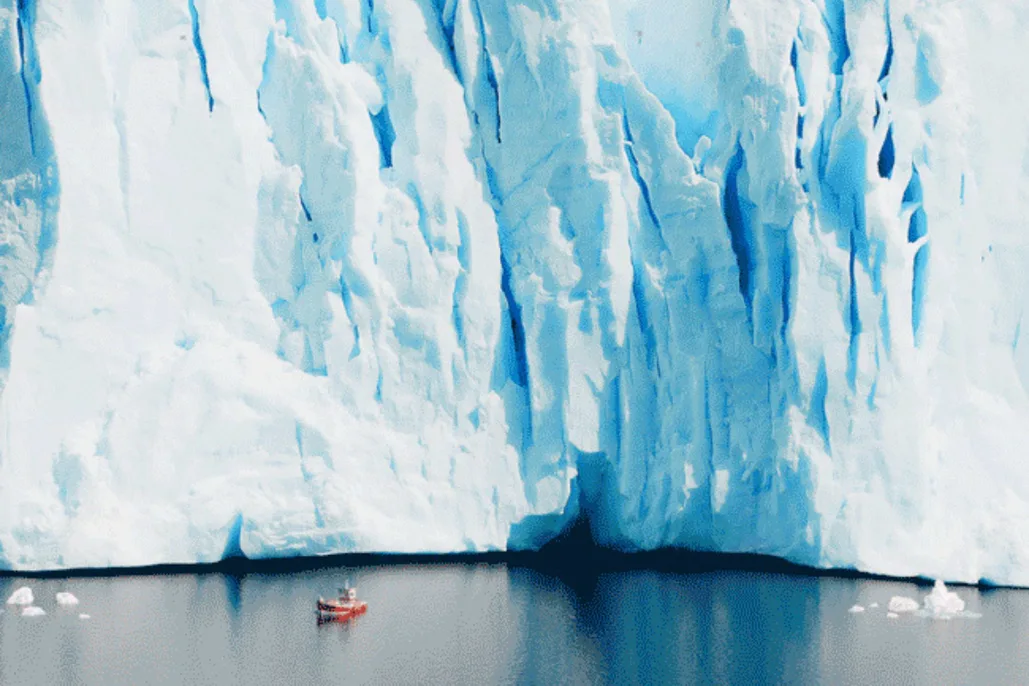Scientists Warn of Faster Glacier Melt
Scientists around the world have issued urgent warnings about the accelerating pace of glacier melt, highlighting a trend that poses severe consequences for global ecosystems, water resources, and climate stability. Recent studies employing satellite data, on site measurements, and climate models reveal that glaciers in key mountain ranges such as the Himalayas, the Alps, the Andes, and the Arctic are shrinking faster than previously anticipated. This rapid loss of ice is not only a clear indicator of global warming but also a signal of impending environmental challenges that will affect billions of people reliant on glacier fed rivers for drinking water, agriculture, and hydropower.
The phenomenon of glacier melt is driven primarily by rising global temperatures caused by increased greenhouse gas emissions from human activities. As atmospheric and oceanic temperatures climb, glaciers lose mass through surface melting and calving. The accelerated melting results in glacial retreat, thinning ice layers, and, in some cases, the complete disappearance of smaller glaciers. These changes disrupt the natural balance of mountain ecosystems, altering habitats and threatening species adapted to cold environments. Scientists warn that if current trends continue, many glaciers could vanish within decades, severely impacting biodiversity and natural landscapes.
One of the most pressing concerns linked to faster glacier melt is the impact on freshwater availability. Glaciers act as natural reservoirs, slowly releasing meltwater that sustains rivers and groundwater systems during dry seasons. Regions such as South Asia, where the Himalayas are often called the “Water Tower of Asia,” depend heavily on glacial melt to support agriculture, industry, and urban populations. The accelerated depletion of glaciers threatens to reduce dry season water flow, potentially leading to water shortages, food insecurity, and conflicts over resources. Furthermore, the initial phases of rapid melting can increase flood risks, as glacial lakes formed by meltwater may burst their banks, causing downstream devastation.
In addition to hydrological impacts, faster glacier melt contributes to global sea level rise, compounding the effects of thermal expansion of oceans. Melting ice from land based glaciers adds freshwater to the oceans, elevating sea levels and threatening coastal communities worldwide. Rising sea levels increase the frequency and severity of storm surges, erosion, and saltwater intrusion into freshwater aquifers. This multifaceted impact underscores the interconnectedness of climate systems and the far reaching consequences of glacier loss beyond mountainous regions.
Scientists emphasize the need for urgent and coordinated mitigation and adaptation strategies to address the glacier melt crisis. Reducing greenhouse gas emissions through the transition to renewable energy sources, improved energy efficiency, and sustainable land use practices is paramount. Concurrently, communities dependent on glacial water must develop adaptive water management strategies, such as building reservoirs, improving irrigation efficiency, and promoting water conservation. Early warning systems for glacial lake outburst floods and integrated watershed management are critical to reducing disaster risks and enhancing resilience.
Ongoing research is vital to monitor glacier changes and improve predictive models. Advances in remote sensing technology and climate science allow for more precise tracking of glacial mass balance, flow dynamics, and meltwater production. International collaboration and data sharing enhance understanding and inform policy decisions. Scientists advocate for increased funding and support for glacier research as a key component of global climate action. Public awareness campaigns also play a crucial role in highlighting the importance of glaciers and motivating behavioral changes to mitigate climate change.
In conclusion, the warning from scientists about faster glacier melt serves as a stark reminder of the urgent climate challenges facing the planet. The accelerated retreat of glaciers threatens water security, ecosystems, and coastal communities, with consequences that extend far beyond the mountainous regions themselves. Addressing this crisis requires collective action at the local, national, and global levels, combining emission reductions, sustainable resource management, scientific research, and community engagement. The fate of glaciers is intertwined with the health of the planet, making their preservation a critical priority for current and future generations.
Science











